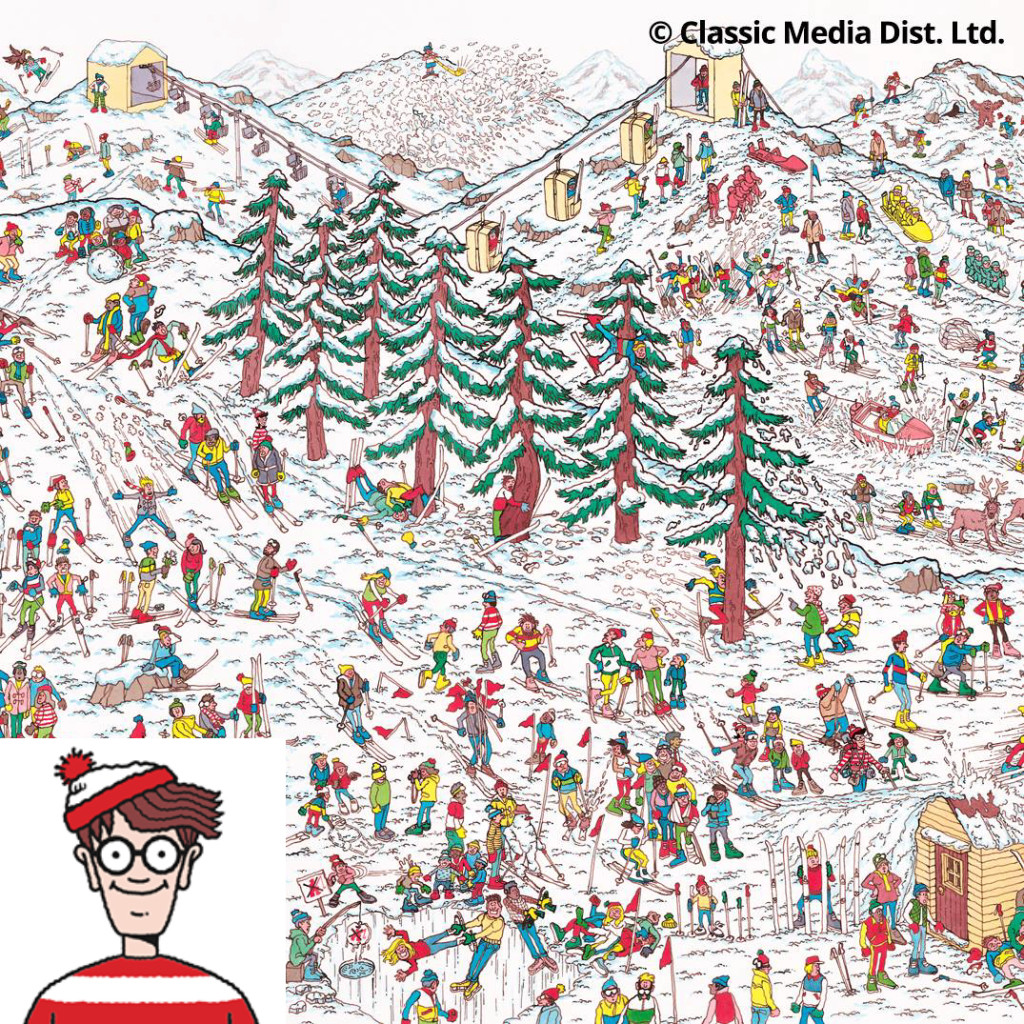Blog: Pricing Strategies that Last | Strategic Pricing Solutions
I have written a number of blog posts about pricing strategies and business strategy in general. Setting strategy is fundamentally about making choices regarding where you compete and how you win. A very important part of making those choices is understanding how those choices affect other market constituents over a longer term. More specifically, considering and understanding the likely reactions of customers, competitors, potential competitors and regulatory groups is required to ensure business and pricing strategies are durable.
Earlier this year I wrote an article, Don’t Make Your Customers Angry, discussing the case of Turing Pharmaceuticals who had raised the price of Daraprim from $13.50 to $750.00, an increase of more than 5000%. There were immediate outcries of price gouging from customers who take the anti-malarial and HIV drug, insurers, doctors and politicians. In the wake of the backlash, Turing originally reversed course and agreed to return the drug to its previous price. Turing then reversed course again and decided to keep the drug at the higher price. Turing’s customers – patients, doctors, and hospitals all remain angry with Turing. The customers may not have any alternatives in the short term, but they are likely to remember the anger.
Just last week, the New York Times reported that Express Scripts was planning to announce that it will promote use of a compounded medicine that contains the same active ingredient as the Turing drug, Daraprim. Top Prescription Plan to Offer $1 Alternative to $750 Pill. I don’t know how profitable Daraprim had been prior to Turing’s price increase, but it certainly became a lot more profitable after the increase. And even though it is not a huge market, the much higher price and profitability were certain to attract new competitors. Now with new competitors and angry customers, Turing is likely to lose significant market share. The much higher price will offset the lost market share for a while, but for how long is questionable. Did Turing consider that before making the move?
Read complete article here:











